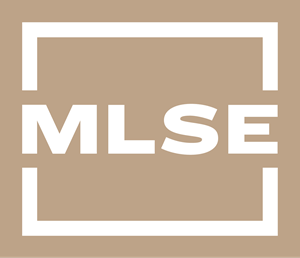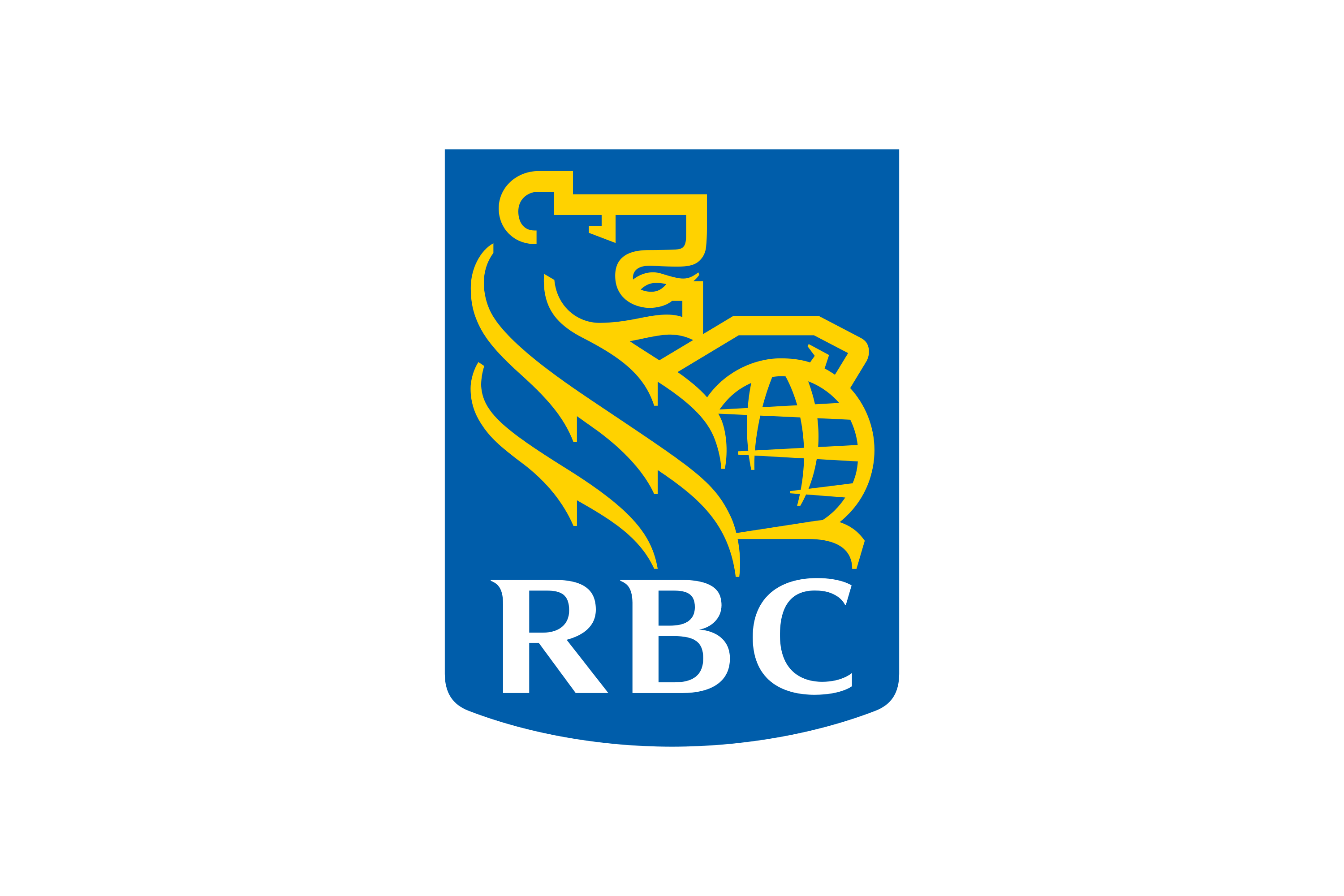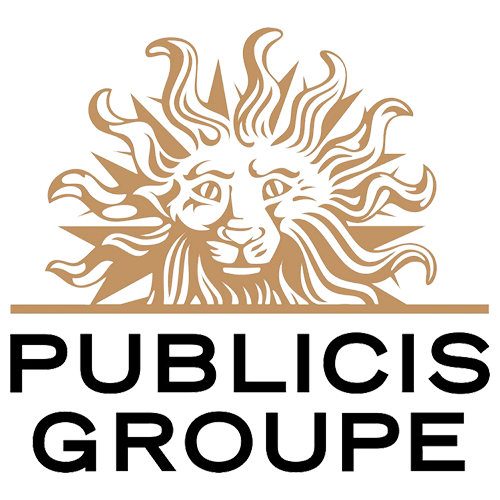Graphic Design & Interactive Media Diploma Program
Become a pro at visual communication for print, digital and new media platforms.
Program
New Term Starts Soon
Graphic Design Program Description
Learn Graphic Design From Real Designers
Learn the critical thinking skills needed of graphic designers today, enabling you to create and implement digital solutions for print, digital, and new media channels. Work on real-world projects. Network with industry professionals inside and outside the classroom. Work alongside creative peers and working designers. Graduate with a diverse portfolio of work that showcases your new creative and technical skills.
Career Outcomes for Graphic Design Graduates
Graphic Designer
Art Director
Creative Director
Brand Designer
Web Designer
Motion Graphics Designer
Interactive Designer
Program Director & Instructor Bios
Student Success
Companies that hire our grads
Graphic Design Courses
Graphic Design Courses by Term
Term 1
A History Of Design
IDM111
Discover the history of visual communication and its impact on cultural development. Through lectures, hands-on exercises and research, you will learn to identify the social, technological, and political changes that have shaped communication arts.
Elements Of Design
IDM112
Explore the relationship between visual form and content. You will be exposed to the building blocks of design, and tasked with utilizing these concepts as you develop analog designs.
Digital Drawing 1
IDM114
Welcome to the world of Adobe. Through demonstrations, in-class exercises and assignments, you will become familiar with the unique capabilities of Adobe’s vector imaging software as it relates to the creation and manipulation of vector graphics for both print and new media destinations.
Digital Imaging 1
IDM115
Flex your creative mind with Adobe’s raster imaging software. Through demonstrations, in-class exercises and assignments, you will become familiar with the unique capabilities of the software as it relates to the creation, editing and manipulation of imagery for both print and new media destinations.
Page Layout 1
IDM118
Make pages come alive. Utilizing design fundamentals, you will create projects from design concept to completion. With an examination of printing materials, you will experience the printing process, technology and materials used by designers. Through demonstrations, in-class exercises and assignments, you will also become familiar with the unique capabilities of Adobe InDesign as it relates to the design and production of single and multi-page layouts.
Visual Communication 1
IDM119
Explore different techniques for finding and developing ideas, and apply them to developing your creative problem solving and design thinking. With this knowledge, this course will pose real-world challenges where you must act flexibly in order to solve problems and set the user at the center of all design solutions. Through supportive and constructive feedback, you will focus, polish and deepen your design work within a lab/studio environment.
Typography 1
IDM201
This course will introduce the art of communication through visual language. You will explore the fundamentals of typographic design and letterform in conceptual and analog practical projects.
Term 2
Typography 2
IDM301
Advance your exploration of typographic design. You will develop a deeper understanding of the design choices for comprehension and content as you explore the usage and creation of digital letterforms.
Digital Drawing 2
IDM203
Building on Digital Drawing 1, you will explore advanced concepts and techniques that can be applied to a variety of print and web projects. You will provide practical and creative solutions to real world projects ranging from packaging design to information design.
Digital Imaging 2
IDM204
Dive into Adobe’s raster imaging software. Through demonstrations, in-class exercises and assignments, you will learn intermediate techniques for the creation and manipulation of raster images for use in both print and new media.
Page Layout 2
IDM207
Design communications with purpose as you take an in-depth study of content organization, grids, typography, imagery and visual ideation. Through demonstrations, lectures, critiques and exercises, you will be introduced to best practices and the creativity of layout design for marketing, communication, editorial and publication design.
Visual Communication 2
IDM209
Further your knowledge from Visual Communication 1 and challenge yourself to strengthen your creative ideation and problem solving through more complex challenges. You will be applying design thinking to a broader spectrum of design in order to expand your understanding of communication, interface and interaction.
Identity Design 1
IDM210
You could be the designer behind the next big company. This course introduces you to the field of branding, from developing a foundation to the execution of a full logo system. Through lectures and assignments, you will understand the role of brand identity and experience the creation of that visual voice through logo design.
Term 3
Art Direction
IDM302
Art Direction will enrich your understanding of art direction’s key role within all communication projects. Visual storytelling is integral to our daily information consumption. This course outlines how visual narrative formats inform and engage users across marketing, editorial, entertainment and information areas. You will learn how to leverage the disciplines of layout, photography, video, digital multimedia and graphics to tell immersive and compelling visual stories at appropriate intervals of the story.
Interactive Design 1
IDM303
Interactive Design I takes you through the study of shaping digital processes for people’s use. Beginning with a study of how humans interact with each other and their environment, you will explore the practice of designing interactive experiences, environments and products.
Photography
IDM305
There’s more to taking the perfect picture. This course introduces you to both the technical and creative aspects of this visual art form. The practical component includes shooting a variety of locations and subjects while learning to use light, shape, framing and depth of field as tools to create imagery, mood and message.
Motion Graphics 1
IDM307
Get into the world of video editing and animation. This course will introduce you to the creative principles and technical skills required to bring moving graphics into video.
Studio Practices
IDM309
Polish your skills in the key areas of design practice: professionalism, scope, and communication. Through a variety of learning tools, you will explore the value of the designer within the business framework, and understand how your design decisions affect the customer experience.
Identity Design 2
IDM310
Expand your brand identity design skills across more communication platforms and technologies. Through the design of deliverables and materials for print and online marketing channels, you will gain a deeper knowledge of how brand identity design helps build brands through customer touchpoints.
Website Design 1
IDM311
Enter the digital world with your introduction to online design, with a focus on applying your existing design knowledge to new media. This exploration begins with critical analysis of the internet as a whole, including the ever-changing technologies and platforms utilized in website design. You will be introduced to HTML and CSS languages in order to bring your designs to life.
Term 4
Motion Graphics 2
IDM402
Get ready for a masterclass in the manipulation of imagery, graphics, typography and video. You will be experimenting with increasingly sophisticated tools and techniques in the creation of motion graphics.
Interactive Design 2
IDM403
Deepen your knowledge of UI + UX design with this course focused on mobile technology. The class is an advanced exploration of interactive practices through the design of your own application from concept to prototype.
Portfolio
IDM404
Your portfolio is your resume in this industry. This course provides strategies for effective, memorable self-promotion and guides you through its completion in both print and online formats. Through one-on-one mentorship, you will complete this course with a portfolio tailored to your individual career goals.
Capstone Project
IDM405
Through a mixture of lectures, specialized instructions and one-on-one design mentorship, this studio-based class provides a unique opportunity to gain real-world experience as you work through a major topical project.
Career Development
IDM406
Career Development offers you expert guidance as you prepare to graduate. You will receive assistance with resume preparation, techniques on applying for jobs and the interview process. Guest professionals will provide constructive feedback on your designs to help you understand current industry expectations.
Website Design 2
IDM408
Expand your knowledge of both the technical and design practices of online communications. Advanced topics include new media layout, and how grids and responsiveness are brought to life through HTML and CSS. You will also dive into the unique handling of typography and imagery through web design construction. The visual design of UX/UI/IA will be explored through meeting interface, experience and brand goals.


The Toronto Film School Blog
Explore the latest industry news, student profiles, alumni success stories, event reports, and content specific to your career interests.
Admissions
Our Admissions Process Made Easy
1
- Complete Toronto Film School’s online application form.
2
- Pay the application fee of $150.
3
- Provide original or notarized translated academic transcripts.
4
- Submit a 300–500 word essay on why you’re interested in a career in the graphic design industry, and your career goals.
5
- Provide proof of English-language proficiency (international students only).
6
- Provide a copy of your passport (international students only).
For a more in-depth breakdown of the admissions steps, please visit the Requirements page.
Graphic Design & Interactive Media Program Tuition
Program Rates
Rate per Term
Number of Terms
Total Tuition
Domestic: $6,300
4
Domestic: $25,956
International: $9,608
4
International: $39,583
Tuition Fees do not include books, expendable supplies, equipment and resources.
FAQ
Are there any prerequisites for enrolling in the Graphic Design & Interactive Media program?
To be eligible for this program, applicants must have completed a Grade 11 visual arts course. We also recommend courses in Grade 11 computers/digital media. Here are the additional admission steps:
- Submit an online application form.
- Pay the application fee ($150 for most on-campus programs).
- Provide original or notarized translated academic transcripts. You must have an Ontario Secondary School Diploma (OSSD) or equivalent.
- Submit additional requirements specific to your program of choice.
- International students must provide proof of English-language proficiency and a copy of their passport.
Lastly, we ask for a 300-500 word essay discussing your reasons for wanting to attend Toronto Film School and your career aspirations in the graphic design industry. We’ll be assessing your overall understanding of the industry, and how you envision building a graphic design career.
Get in touch with us today, and our admissions advisors will ensure this process is quick and easy for you!
Why should I enrol in the Graphic Design & Interactive Media Diploma Program at TFS?
Choosing our immersive graphic design program at Toronto Film School means you’re investing in a comprehensive, industry-relevant education.
Our curriculum merges key design principles with the use of cutting-edge tools and techniques. The result? You’ll be armed with the skills to craft compelling designs for a myriad of digital platforms.
Here’s what sets our graphic design program apart:
Our Professors are Practitioners:
Learn from industry-active design professionals who bring real-world insights straight to the classroom.
Our Campus is a Networking Hub:
We understand that building professional relationships is crucial to your success in the creative world. That’s why this program is jam-packed with networking events and collaborative opportunities.
We Take a Future-Forward Approach:
Benefit from a cutting-edge curriculum that marries classic design principles with the latest digital tools.
You’ll Participate in an Industry-Replicating Capstone Project:
Our program concludes with a capstone project that mimics the dynamics of a real-life design studio. Similar to an internship, this hands-on experience preps you for tackling real-world design assignments post-graduation.
How much does the Graphic Design & Interactive Media diploma cost?
For the most up-to-date tuition fees, please visit our Tuition & Payment Options page.
Please note, these figures represent the tuition costs at the time of publishing, and it’s always best to confirm the latest fees with your admissions advisor.
How long does the Graphic Design & Interactive Media Diploma Program take to complete?
The program is divided into four terms and takes 12 months to complete.
What software do you recommend I have for the Graphic Design & Interactive Media program?
As a graphic design student, you’ll need a suite of industry-standard software tools. These often include Adobe Creative Cloud applications such as Adobe Photoshop, Illustrator, and InDesign for graphic design, Adobe XD for user interface and user experience design, and Adobe After Effects for motion graphics.
Don’t worry if you’re not familiar with these tools yet; we’re here to guide you!
Can I apply for the Graphic Design & Interactive Media program if I am an international student?
Absolutely! At Toronto Film School, we welcome students from all around the world. As an international student, you’ll need to meet a few additional admission requirements, such as providing proof of English-language proficiency.
For more details, please check our admissions requirements page.
















